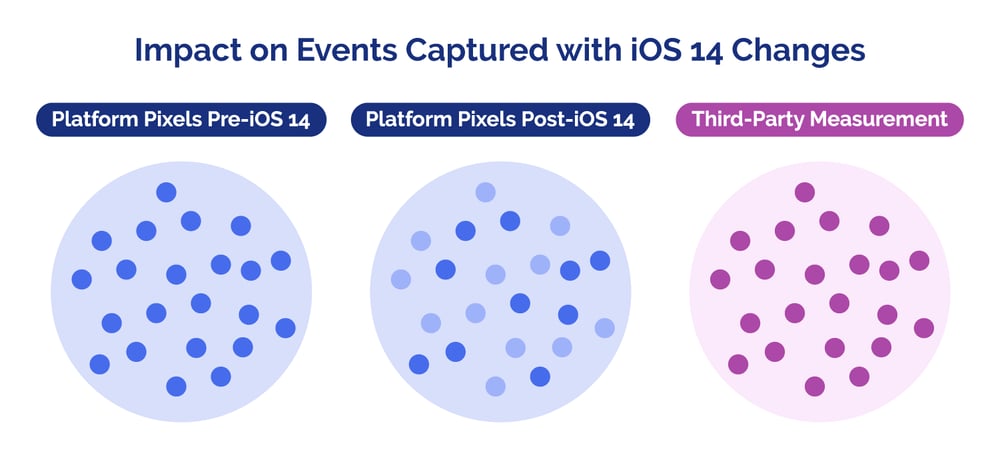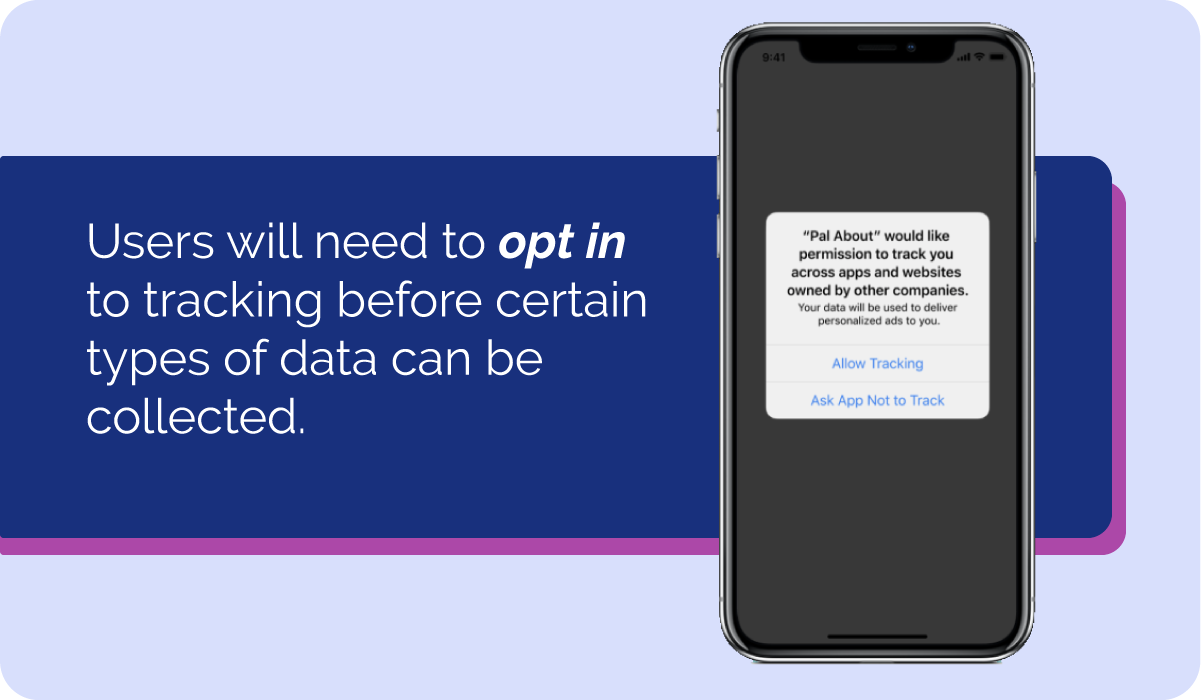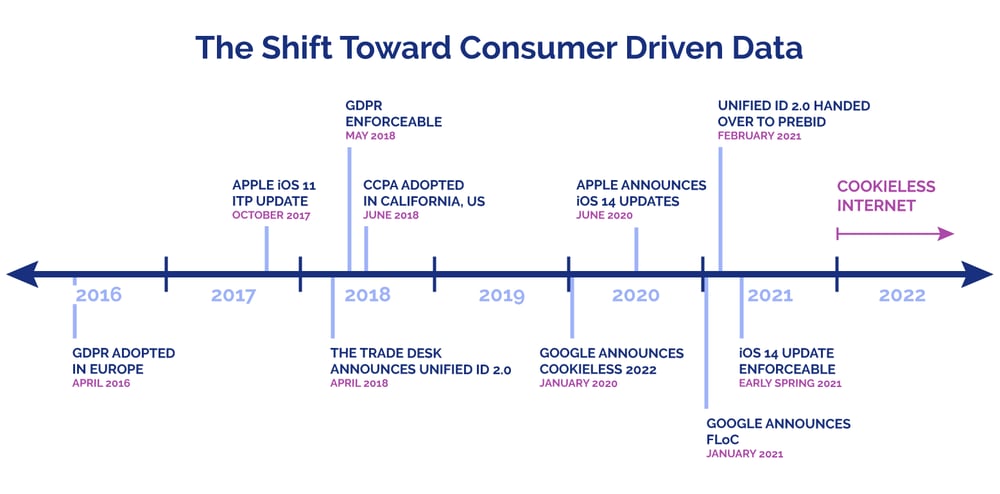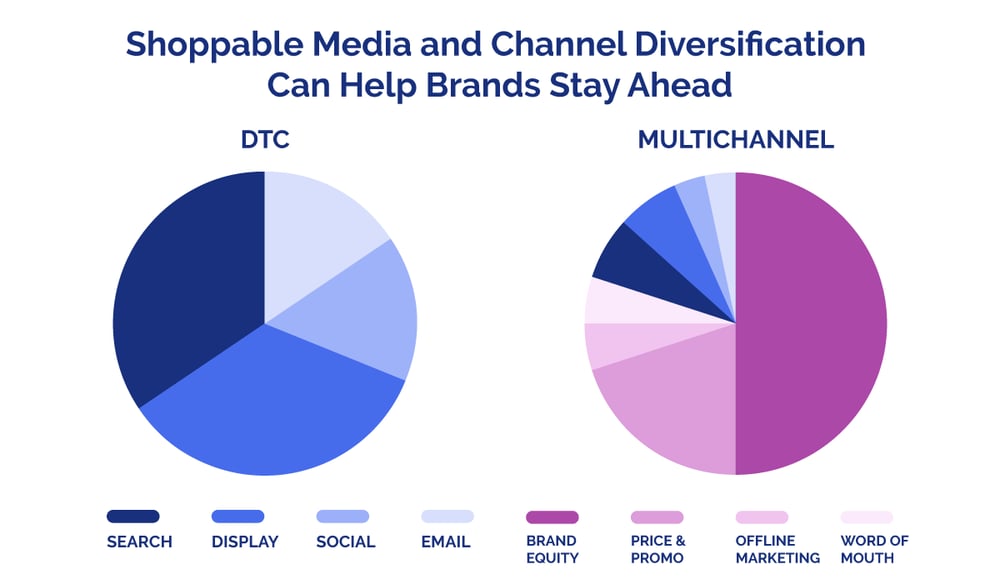4
Apple’s iOS 11 and iOS 14 Updates
Intelligent Tracking Prevention (ITP) is a feature updated in 2017 in the Safari browser by Apple with the release of iOS 11 and Safari 12 to address first-party cookies. First-party cookies have important functions like keeping a user logged into websites and apps while browsing. However, it also can be used by ad-tech platforms to track browsing activity after the user engages with an ad. Apple’s ITP allows the browser to leverage machine learning to determine when the cookie is a tracker, and block it. (Click here to learn more.)
Since then, Apple has continued its device level expansion of consumer data protection. In WWDC 2020, Apple announced its intent to require applications to explicitly ask user permission before accessing a user’s personal information via IDFA. In other words, users must opt in to have their data collected. Although enforcement was delayed to 2021, this directly impacts Facebook and Instagram ads presented to iOS users. Facebook expects up to 50 percent opt outs, meaning the scale of change could be broad. (Click here to learn more.)
Other platforms such as YouTube, TikTok, Snap, The Trade Desk, and programmatic media will be impacted as well, but to a lesser extent as they are less reliant on third-party cookies.

Not all brands will see an impact. In fact, many won’t see much difference at all. For those that do experience changes, the most likely areas that will be affected are what data is collected, the quantity collected, and the number of conversion events allowed. Changes like what has been released by iOS 11 and iOS 14 will continue to shift how some brands leverage consumer data, and the strategies and processes around data collection, further allowing consumers to drive their commerce experience.
It is also important to understand that for the consumers who opt out of tracking, they will still receive ads. However, they may have a lower quality experience engaging with the ads they do see. Brand marketers should take note while running campaigns and make intentional efforts to separate out what is targeted to qualified audiences and what is for general public consumption.

%20(1).jpg?width=350&name=MikMak_KPI_Cookieless_3B%20(1)%20(1).jpg)





